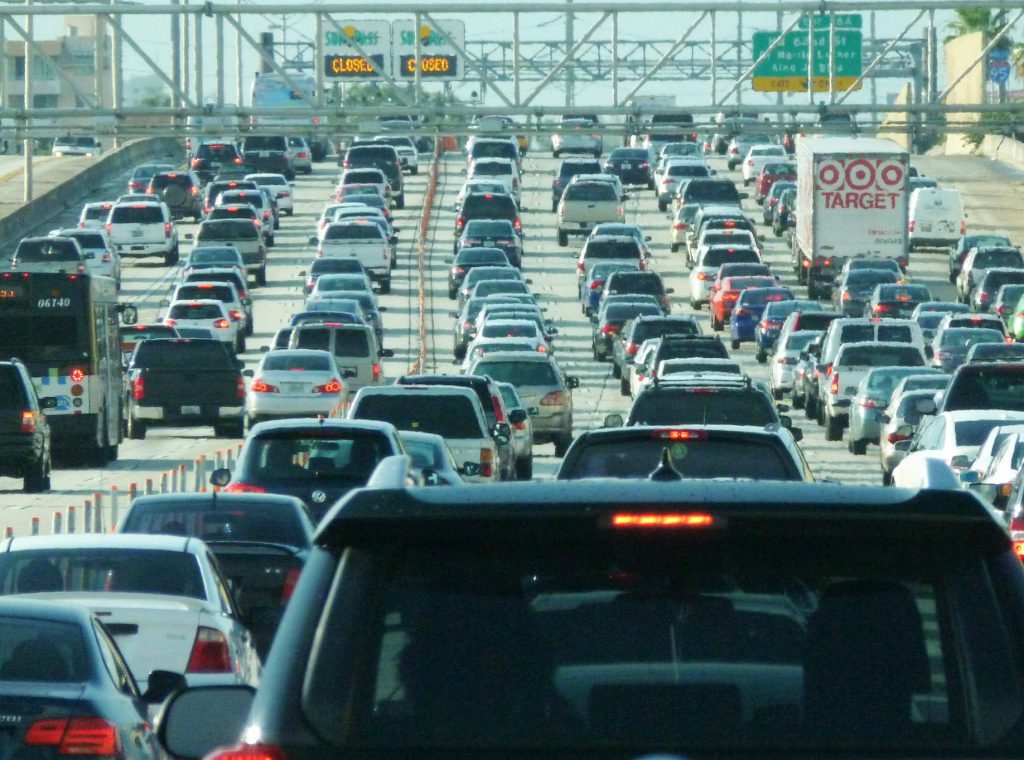
A list of things we have already figured out, ways of living that support the planet’s future, to be quite frank about it.
Fast(er) trains – take the best one in the U.S., the Acela in the northeast corridor. We should have deeded it over to France or Japan years ago. They would charge us less, the trains would already be faster and more efficient, likely easily spread south and west for obvious reasons, displacing an over-reliance on regional airline traffic. Because we… see title.
Live close to work, school and play. This supposed magic to happy living requires no reverse engineering, and actually very little engineering at all. Just incentives and penalties, zoning, bikes lanes, public transport, and host a host of things we… see title.
Eco-friendly products, ‘perils’ of greenwashing (who’s, exactly?), and renewable energy generation. The barriers holding us back to realizing these are… the decisions not to embrace them. It’s very much akin to not funding pre-K or other early childhood education that we already know works really well. They all exist right now and have for decades. Renewable energy is in its early adulthood, and the so-called ‘perils’ are only fueling the corporate campaign to delay changing anything:
The peer-reviewed paper, published Thursday in the journal Science, analyzed all known climate predictions produced or reported by scientists at ExxonMobil and its predecessor from 1977-2003, and found that they were “at least as skillful” as those by independent experts (Exxon merged with Mobil in 1999). Like those independent models, most of Exxon’s proved to be accurate.
“They didn’t just vaguely know something about global warming decades ago, they literally knew as much as independent academic scientists did,” said Geoffrey Supran, the paper’s lead author, who recently left a research position at Harvard University to become an associate professor of environmental science and policy at the University of Miami’s Rosenstiel School of Marine, Atmospheric and Earth Science. “We now have this airtight, unimpeachable evidence that Exxon accurately predicted global warming years before it turned around and publicly attacked climate science.”
How much longer we’ll have to let the debates about ESG rage on, die off, and make comebacks are more about the fate of business news operations and PR than they are about investments in viable products, power, or even politics. Getting past what we’ve already figured out is the only route to splashy new breakthroughs like, hey, the coral reefs might actually survive.
Image: ACC Transportation and Public works



